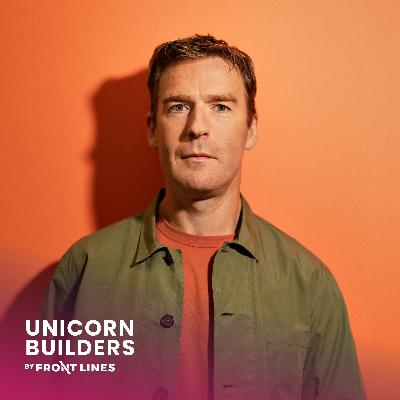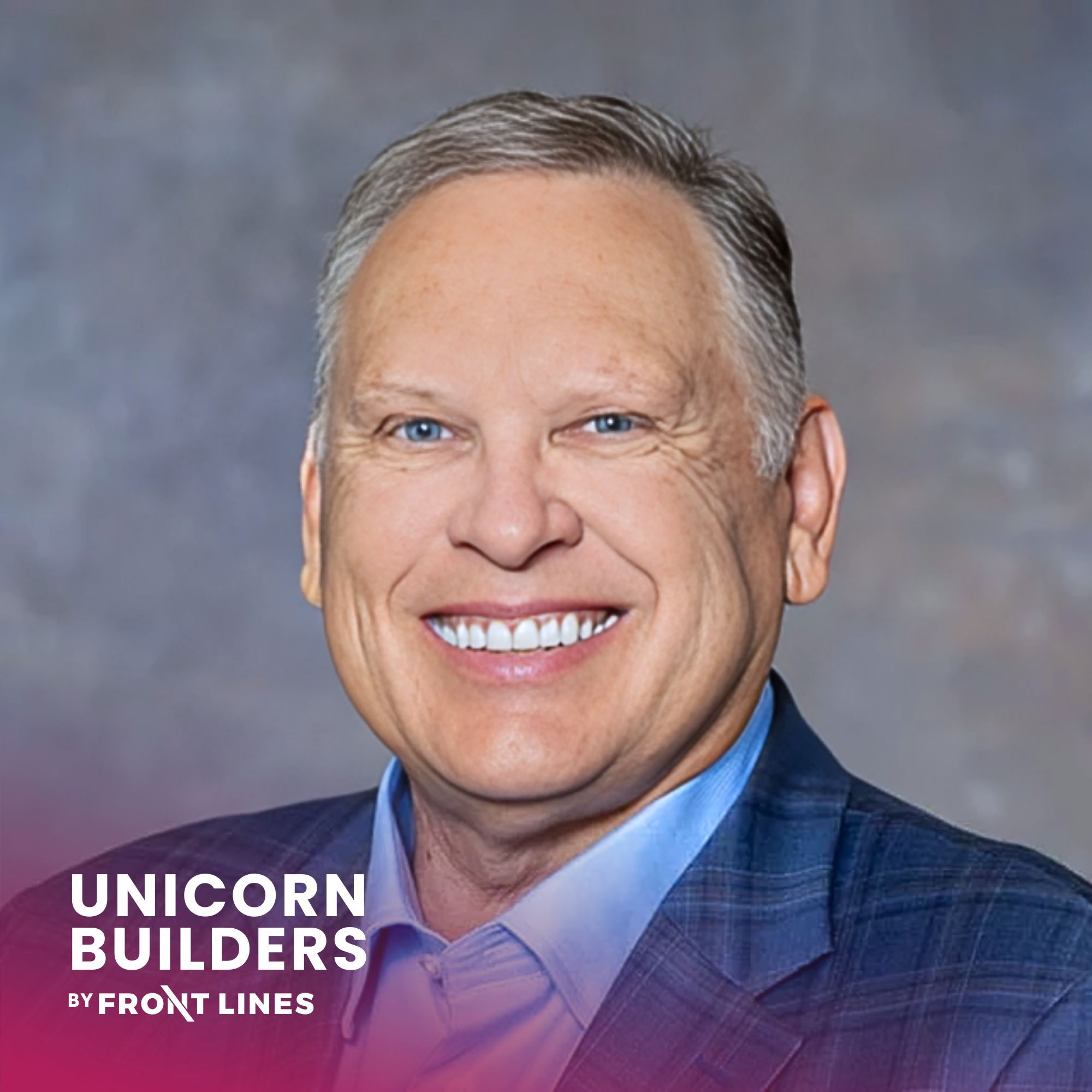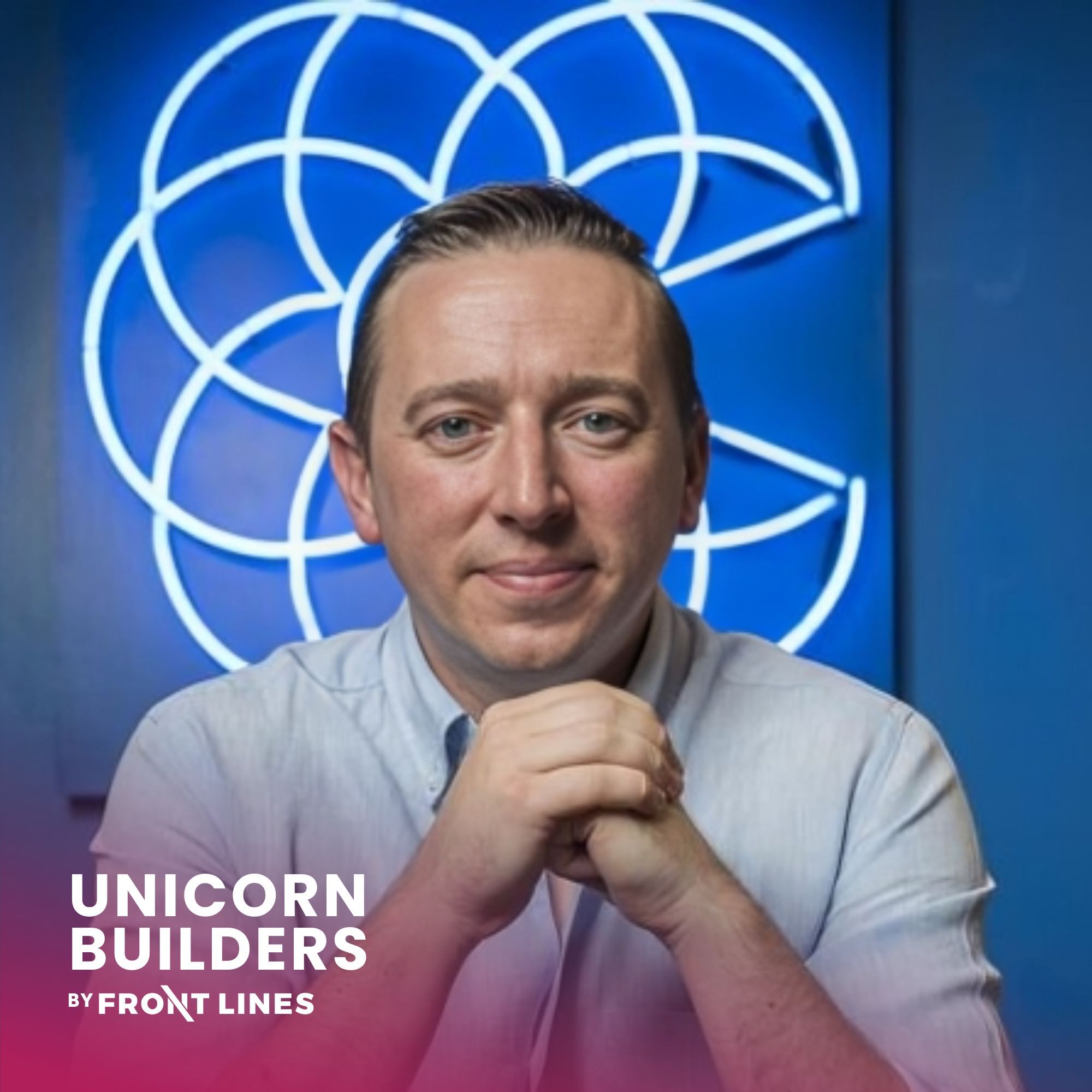What happens when you outgrow your messaging? (But still hit $200M ARR) w/ Huntress CEO Kyle Hanslovan
Description
Huntress has transformed from a scrappy startup to a cybersecurity powerhouse, approaching $200M ARR while protecting over 175,000 businesses. In this return appearance on Unicorn Builders, Kyle Hanslovan, CEO & Co-Founder of Huntress, shares the brutal realities of scaling from 200 to 550 employees, the costly mistakes that nearly derailed their growth, and the unconventional strategies that built their partner-first empire. Having crossed the centaur milestone ($100M ARR), Kyle reveals why revenue matters more than valuations and how defending company culture becomes the hardest challenge at scale.
Topics Discussed:
- The challenges of scaling from 200 to 550 employees while defending company culture
- Huntress's biggest strategic mistake: failing to communicate their ability to serve larger companies
- The evolution from "security for the 99%" to "cybersecurity for all businesses, not just the 1%"
- Why Kyle prioritizes revenue milestones over valuations and unicorn status
- The decision to remain partner-first rather than going direct to customers
- Building multi-tenancy and "what have I done for you lately" reporting from day one
- The harsh reality of "stepping over corpses" as companies scale rapidly
- Maintaining the "send it" culture while growing 10x in size
- Why Kyle might not start the company again despite $2B valuation
GTM Lessons For B2B Founders:
- Embed yourself in your partners' operations: Kyle spent one day per week working inside early MSP partners' offices, learning their operations firsthand. This wasn't about reading case studies or hiring consultants—it was about feeling their pain directly. This approach gave him a decade-long competitive advantage in understanding how channel partners actually work. B2B founders should consider similar embedding strategies with their most important customers or partners to gain deep operational insights.
- Solve the financial equation, not just the technical problem: The pivotal moment came when partner Toby asked Kyle, "How do I buy your product and still afford a boat?" This forced Kyle to understand that partners need to make money, not just deliver value. He learned to articulate exactly how Huntress reduced cost of goods sold, improved talent retention, and created 50% margins for partners. B2B founders must understand their partners' or customers' complete financial picture and show how their solution improves profitability.
- Build for multi-tenancy from day one: Kyle discovered that partners need to segment customers with individual dashboards, role-based access, and custom reporting. Bolting on multi-tenancy later creates crushing technical debt that can force architecture rebuilds. B2B founders building channel-based solutions must architect for multi-tenancy from the beginning, regardless of how simple their initial product seems.
- Communicate your evolution or risk being trapped by early positioning: Huntress's biggest mistake was building capability to serve 10,000+ employee companies while still being perceived as only serving 50-person companies. This positioning hurt valuations, deal wins, and prevented prospects from seeing themselves in Huntress's mission. B2B founders must actively communicate their expanding capabilities and market position as they grow, not assume the market will figure it out.
- Hire people better than you or prepare to be replaced: Kyle's most direct advice to founders is that rapid growth requires constantly "stepping over corpses" of good people who can't scale fast enough. He warns new executives that they must work both "in" and "on" the business simultaneously, or risk being replaced every 18-24 months. B2B founders should set clear expectations about growth pace and hire people who are already ahead of the company's current needs.
- Maintain speed as a cultural imperative: Kyle's "send it" philosophy isn't just about moving fast—it's about maintaining the ability to prioritize customer emergencies over process. He argues that losing this speed is symptomatic of deeper cultural rot including too much bureaucracy and mission drift. B2B founders must evangelize speed and directness throughout their organization, especially as they add layers of management.
//
Sponsors:
Front Lines — We help B2B tech companies launch, manage, and grow podcasts that drive demand, awareness, and thought leadership.
The Global Talent Co. — We help tech startups find, vet, hire, pay, and retain amazing marketing talent that costs 50-70% less than the US & Europe.
























